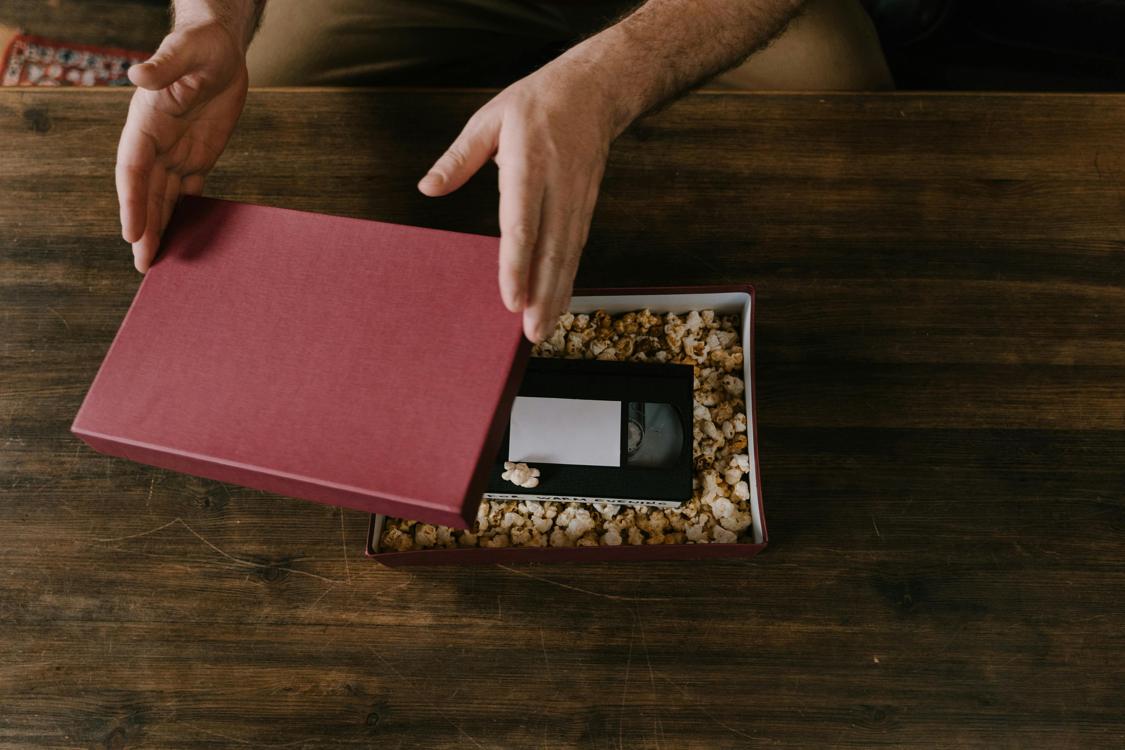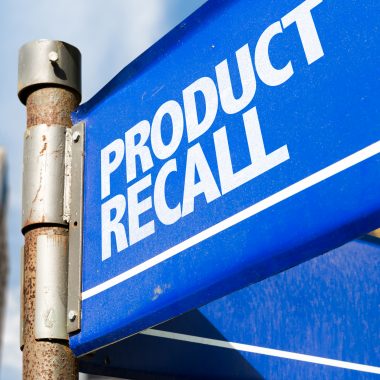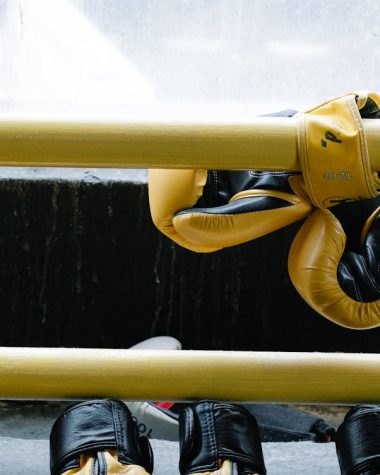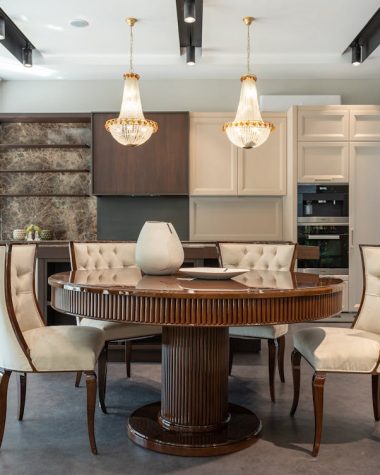Alcohol-free bars have become a staple of the nightlife scene in recent years. They’re not just for those who are sober, but also for those who want to cut back on their drinking or simply prefer a healthier option.
We spoke with a few owners of these booze-free spaces to learn more about what makes them tick and how they’re changing the game.
They’re More Than Just Mocktails
Bars without alcohol aren’t just a trend—they’re a growing industry that offers a social experience free of alcohol, and they’re taking the bar scene by storm. In addition to mocktails, these bars serve everything from botanical elixirs and shrubs to nonalcoholic beer and high-end wine, and they’re doing it all with a focus on health. As a result, they’re making it possible to enjoy cocktails that are just as delicious and refreshing as those served at a traditional bar.
The rise of the sober bar isn’t a new phenomenon—it was first popularized in 1882 when Charles Eaton opened his Boston saloon and began selling a drink called Thompson’s Spa Phosphate. It had a similar taste to whiskey or gin, but it was completely alcohol-free. This new drink was credited with lowering blood pressure and increasing energy levels, and it quickly became popular in the United States.
But the modern sober bar is a bit different than the saloons of yesteryear. Today’s sober bars are often tucked away in trendy neighborhoods and offer an elevated menu of cocktails, elixirs, and shrubs that rival those found at any top-notch cocktail lounge or local brewery. And some of these bars are even experimenting with products that boast health benefits like mood-boosting and anxiety-reducing effects.
Many of these bars are run by entrepreneurs who see a need for an alternative to the standard bar scene. For some, the pandemic sparked a renewed interest in healthy living, while others simply wanted to take a break from drinking for personal or medical reasons. Either way, these bars are a great place to enjoy the company of friends, have a productive meeting, or catch up with family members without worrying about whether they’ll have a hangover the next day.
For example, Getaway in Greenpoint is a chic social hangout that serves up booze-free concoctions like The Green Apple Mule and The Blackberry Mojito. They also host candlelit dates, business meetings, and other events, making it the perfect spot for any occasion. Similarly, Ella Elli in Lakeview serves up Italian-Mediterranean dishes and swanky zero-proof drinks to help customers unwind at the bar or with a group of friends.
They’re Taking Over
The demand for sober drinks is growing fast. As more people opt for alcohol-free cocktails, spirits, beer and wine, the bar industry has had to innovate and evolve in order to stay competitive. Beverage companies and new start-ups have risen to the challenge, creating drinks that deliver on the same level of flavor and experience as traditional alcoholic beverages.
The new alcohol-free options are more sophisticated than the simple mocktails of the past, and they’re often as expensive as a cocktail or a bottle of wine. Many brands also claim that their drinks deliver a unique buzz, with effects ranging from stress relief to a boost of energy.
This shift in beverage consumption is being led by Millennials and Gen Z. Both generations are seeking more balance in their lives, and they’re turning away from the late nights out that come with heavy drinking. But they don’t want to completely cut out all socializing, and they need a place to go that will accommodate their lifestyles without making them feel left out.
That need has created a new niche in the industry, and sober bars are popping up all over the country. Some are dedicated to serving only non-alcoholic beverages, while others offer a full range of booze alternatives.
One example is Awake, a Denver-based sober bar that serves a variety of craft cocktails and wines that don’t contain any alcohol. Its owner, Matt Wynne, says that his customers tell him they’ve been waiting their whole lives for a place like this to open.
Despite the fact that some of these bars haven’t yet turned a profit, they are quickly becoming popular. Wynne believes that once the public sees how successful these businesses are, they’ll become more accepting of them.
For some, sober bars will still be an unfamiliar and uncomfortable environment. However, they may provide a welcome alternative to more intimidating settings like traditional bars and clubs. And they can also serve as a more hospitable space for blind or first dates, as some sober bars have done by advertising themselves as “the ideal location for these types of connections.” In addition to their hospitality value, some sober bars have seen benefits beyond financial ones, such as reduced liability risks from incidents caused by impaired judgement and coordination.
They’re Changing the Game
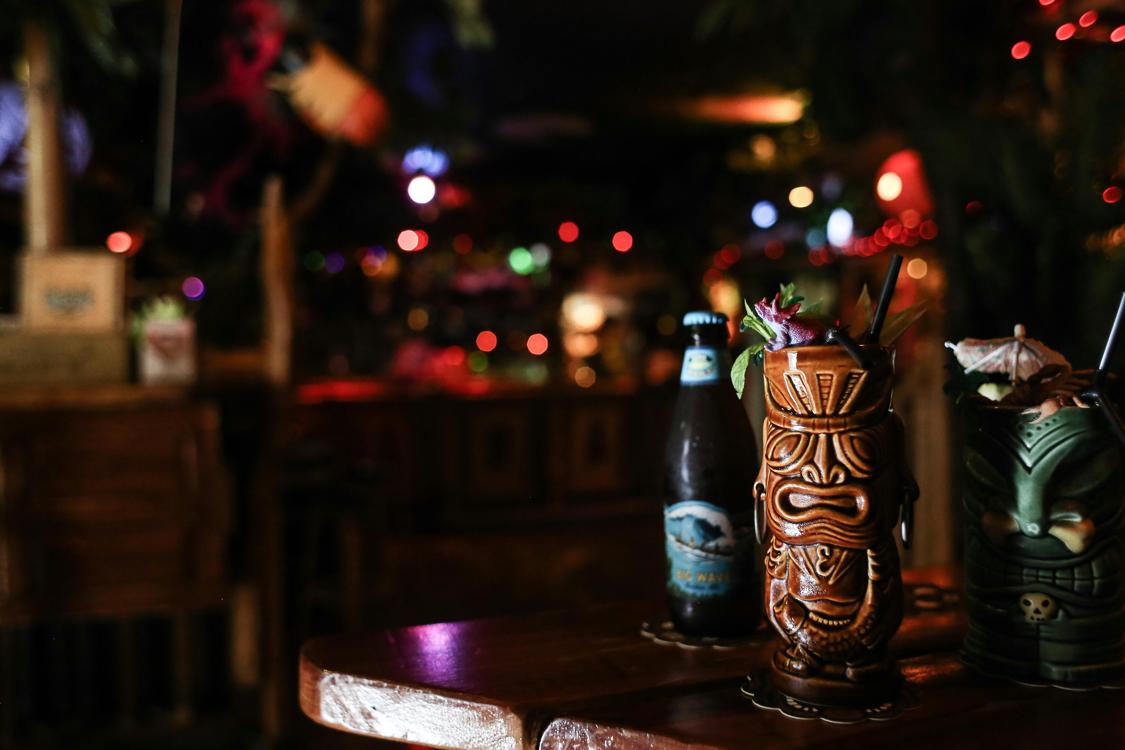
As more people limit or eliminate alcohol, they’re searching for ways to socialize without it. But it can be difficult to find a place where they won’t feel left out or pressured to drink. This is where bars without alcohol are coming in. These sober bars are reshaping nightlife to meet the needs of a growing population.
Millennials and Gen Zers are making up the largest demographic of alcohol-free drinkers, according to market research firm CGA Strategy. As they enter the workforce and the legal drinking age, these young adults are driving demand for bars that focus on non-alcoholic beverages. They’re more likely to prioritize health and wellness over a buzz, which is why many establishments are adjusting their drinks menus and incorporating alcohol-free options.
In the past, a cocktail without alcohol often meant sacrificing body and texture. But today, there are a number of high-quality booze substitutes that allow bartenders to build complex cocktails and spritzes that can rival those made with traditional spirits. Maxime Belfand, a bar director at New York City’s Saxon and Parole, says that when he builds a drink with Seedlip, “it feels exactly like I’m working with a spirit or wine base.”
While the first iterations of these bars were often targeted at those in recovery, and often tried to compete with bars that serve alcohol like The Dolly Blue Bar in Backbarrow, the new breed are opening up to all consumers. Billy Wynne, cofounder of Awake in Denver, said that while a lot of his customers are in recovery, they also come for the sense of community and the connection that Awake offers.
Some of these sober bars even offer events that celebrate the absence of alcohol. At Hekate in New York, for example, owners Abby and Chris Ehmann host a series of sober-driven events that feature DJs and dance parties. These sober events can attract up to 300 people and generate more revenue than typical bar events.
While these venues may be more appealing to those who want to cut back on their alcohol intake, they’re also becoming popular among a younger crowd that wants to keep the party going. For millennials and Gen Zers, who may have grown up during the Great Recession when parents were concerned about their children’s drinking habits, the idea of being able to go out for a drink without the potential hangover is becoming an attractive option.
They’re Changing the Atmosphere
If you want to start a non-alcoholic bar, it’s important to research your market and choose the right location. You’ll need to find a spot that is easily accessible, has good foot traffic, and is in a neighborhood that aligns with your target audience. It’s also important to have a well-structured business plan that outlines your vision, goals, and targets. A business plan will help you secure funding and attract investors.
The rising popularity of zero proof bars reflects a larger shift towards healthier and more mindful living. Many millennials and Gen Zers have begun reducing their alcohol consumption, or even eliminating it entirely. Others have embraced the sober curious movement, which encourages them to explore different types of drinks and a variety of experiences without drinking.
A growing number of people are turning to these alcohol-free bars to enjoy a night out, or just a drink with friends. They can order a wide selection of cocktails, mocktails, beer, wine, and other non-alcoholic beverages, while enjoying live music and other social activities.
Some of these bars are brand-new, while others are reimagining the traditional bar experience to meet the needs of a changing customer base. Hekate, for example, is a popular sober bar in New York City that serves alcohol-free spirits, cocktails, teas, and spritzers. It also hosts a variety of events, from a sober dance party to a leather kink crawl.
Other bars are embracing the new trend by adding alcohol-free options to their menus or opening entirely new establishments. For example, Hekate’s owner Abby Ehmann owns a traditional bar across the street and has been adding booze-free options to her offerings since she opened Hekate in 2022.
The emergence of these sober bars demonstrates that customers demand more from the businesses they support. By offering a wide range of delicious, healthy, and ethical beverage options, these bars are attracting a diverse crowd of customers and changing the way we think about alcohol. With so many people choosing to reduce or eliminate their alcohol intake, it’s only a matter of time before the trend becomes the norm.

